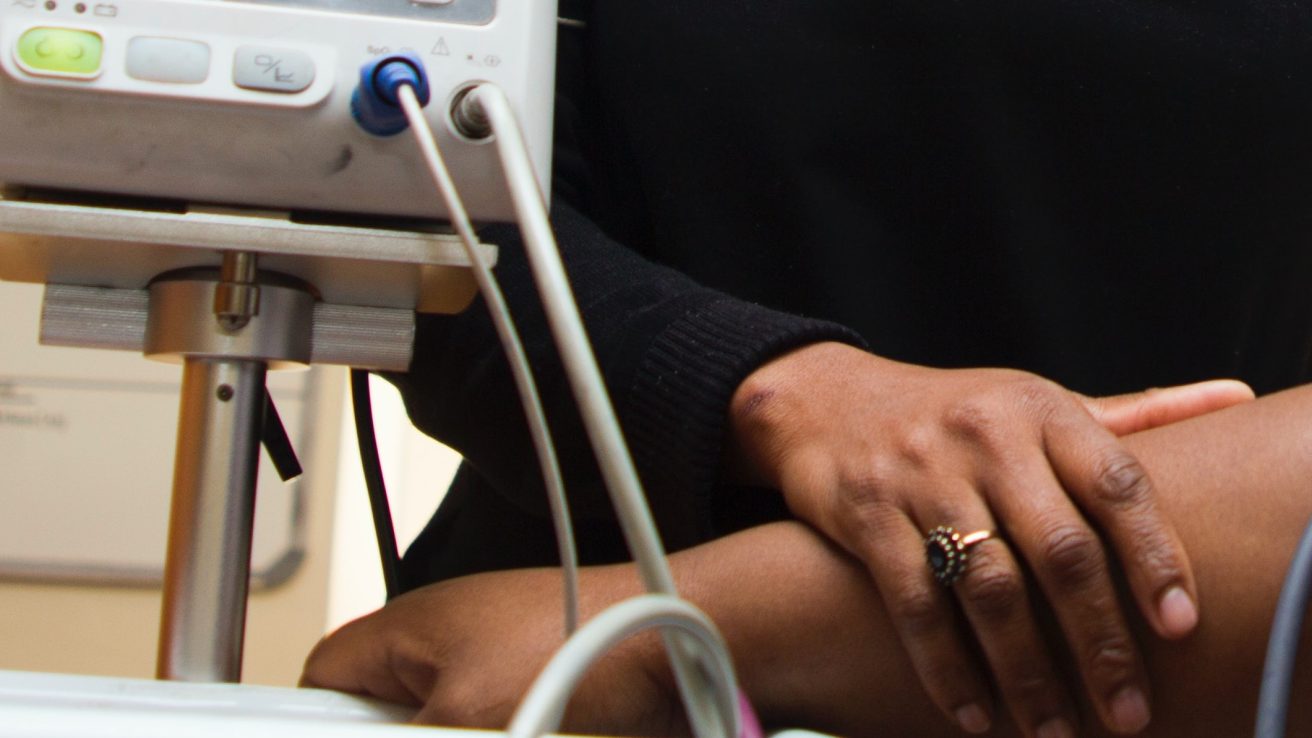The annual meeting of the American College of Obstetricians and Gynecologists was held from May 6 to 8 in San Diego and attracted more than 4,000 participants from around the world, including clinicians, academicians, allied health professionals, and others interested in obstetrics and gynecology.
The conference highlighted recent advances in the prevention, detection, and treatment of conditions impacting women, with presentations focusing on the advancement of health care services for women worldwide.
In one study, Ayodele Lewis, of Amherst College in Massachusetts, and colleagues found that early hospital discharge after cesarean section disproportionately impacted socially vulnerable patients, both before and during the COVID-19 pandemic.
The authors analyzed cesarean birth postpartum length of stay between January 1 and June 30, 2020, with births after March 10, 2020, considered COVID-19 pandemic births. Social determinants of health, with socially vulnerable patients defined as Black or Hispanic, publicly insured, or non-English-speaking, were determined. The researchers found that social vulnerability, public payer, English language ability, and multiparity were all predictors of early discharge.
“Race alone was not a significant predictor. In addition, socially vulnerable patients were more likely to leave early both before and during the COVID-19 pandemic,” Lewis said. “Mitigating disparities is of the utmost importance. For those socially vulnerable patients, there must be due diligence in making sure the patient knows the benefits and risks of a full postpartum stay.”
One author disclosed financial ties to Gynesonics.









